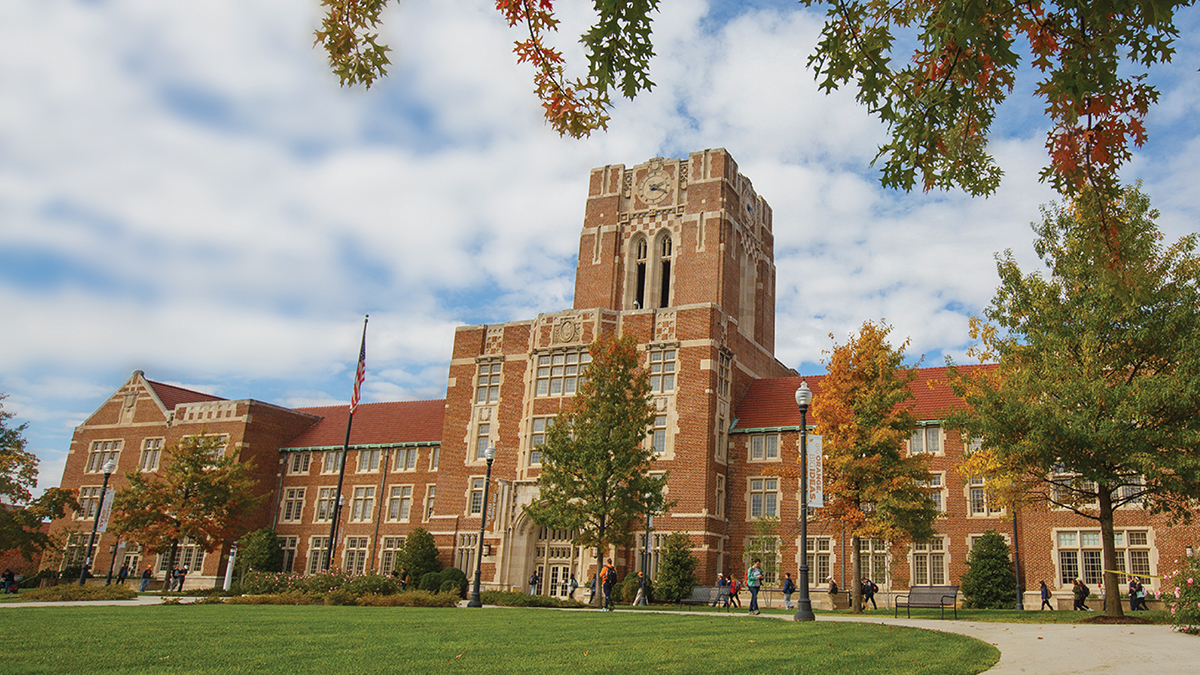Mimi Groves withdrew her admission to the University of Tennessee, Knoxville (UTK) after a four-year-old video of her uttering the “n-word” went viral. The video shows Groves looking into the camera as she sits in traffic, announcing “I can drive!” and ending her statement with the slur.
The video was taken in 2016 and resurfaced after Groves recently posted a call for donations to the Black Lives Matter movement. It was in this post that another user commented, “You have the audacity to post this, after saying the N-word.”
While Groves did not know the person who made the comment, the private video she had taken quickly went viral. It eventually gained traction until even alumni of the university clamored to have her investigated and removed from campus.
the current statement from the school… the next tweet better be that shes GONE pic.twitter.com/JnUHWIxEVE
— jay (@ilomilojay) June 3, 2020
Just one day after this tweet, UTK announced on Twitter that they “made the decision not to allow a prospective student to join the Spirit program.”
According to the New York Times, Groves was made to choose between withdrawing her application herself or having the university rescind her application. She chose to do the former.
Aspiring Cheer Captain
In 2016, Mimi Groves was a freshman in high school. She had just obtained her learner’s permit and, in a moment of pride, sent a private Snapchat video to a close friend of hers.
Four years later, the now 19-year-old Groves was well on her way to starting college at UTK. As a varsity cheer captain, she was hoping to attend the university because their cheer team was the reigning national champion.
However, her hopes would be dashed after her video resurfaced and went viral on the internet.
The person who circulated the video, Jimmy Galligan, a former classmate of Grove’s at the Heritage High School in Leesburg, Virginia, later came clean and revealed himself on social media.
Waiting for the Time to Strike
Galligan saw the video when it was forwarded to him by a friend in his final year of high school. He decided to hold on to the video until just recently, when she was admitted to her college of choice.
“If I never posted that video, nothing would have ever happened. I’m going to remind myself: You started something. You taught someone a lesson,” he said.
Groves admitted to the New York Times that she was unaware of the depth and severity of the word back when she used it. She also explained that the slur was a part of “all the songs we listened to, and I’m not using that as an excuse.”
“At the time, I didn’t understand the severity of the word or the history and context behind it because I was so young,” she said.
Since Galligan released the video, he has started his freshman year at Vanguard University in California and is an active TikTok user, with more than 150,000 followers. Conversely, Groves has enrolled in online classes at a nearby community college.
“I’ve learned how quickly social media can take something they know very little about, twist the truth and potentially ruin somebody’s life,” Groves lamented.
Many Netizens Divided
There have been mixed reactions to the news, with some believing that Groves deserved to feel the consequences of her actions and others saying that the punishment has not been commensurate to her offense.
Anyone who believes Mimi Groves was quoting "a song" when she said what she said is just a racist apologist
Where are the words "I can drive n*****s" in The Way Life Goes by Uzi or the remix with Nicki Minaj? #MimiGroves #JimmyGalligan
Racism has consequences. It's not hard— _ (@KwadjoA_O) December 29, 2020
Jimmy Galligan is attending a Christian University in California. What if he had been at the receiving end of something like this? What he did to that young lady certainly wasn’t Christ like.
— Marinelle K. Szenasy (@lumberjack_75) December 29, 2020
Beyond this example of how social media can be used to have a strong impact on a person’s life, this event also underscores issues that the US continues to face regarding racial injustice.



